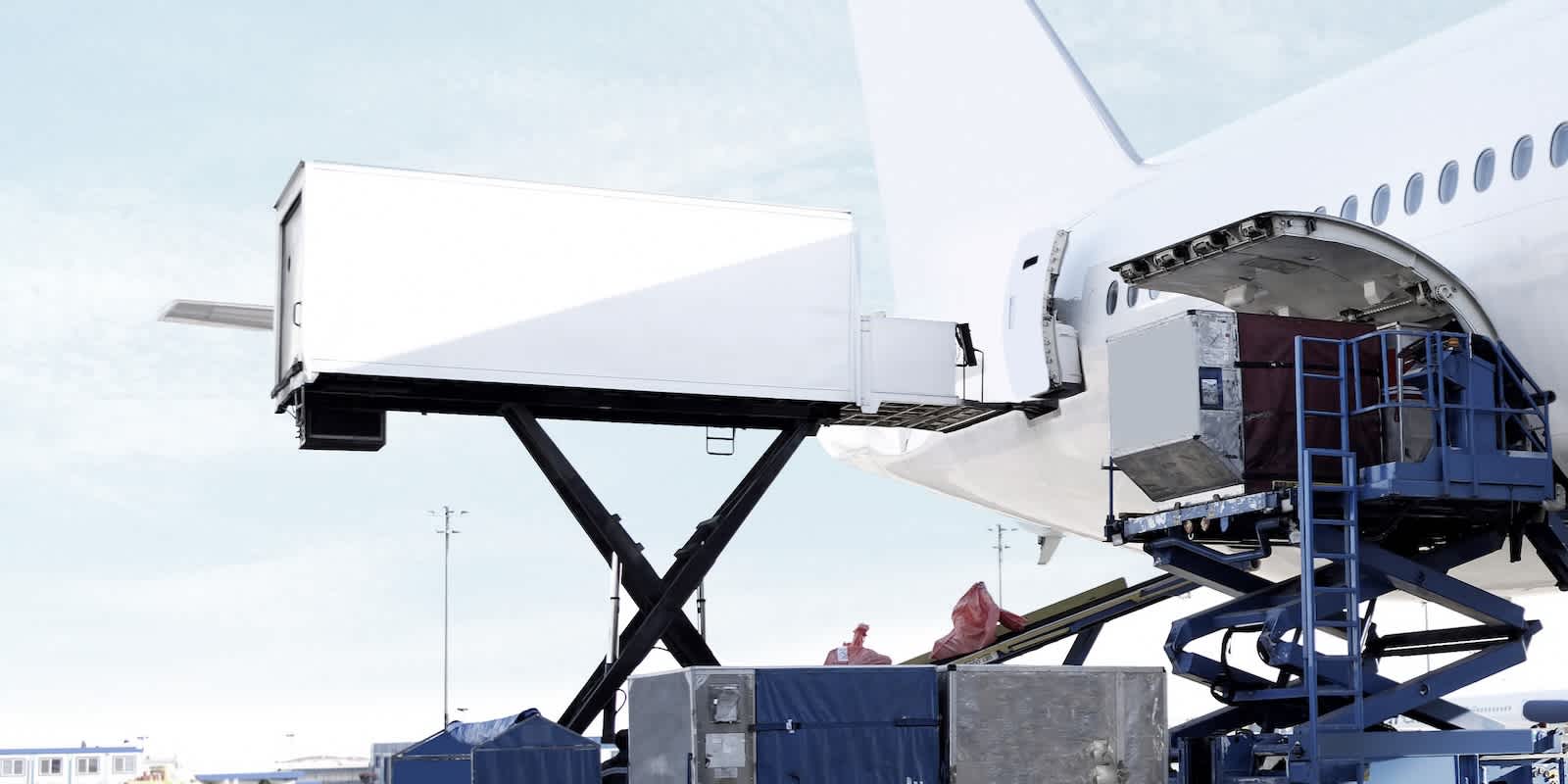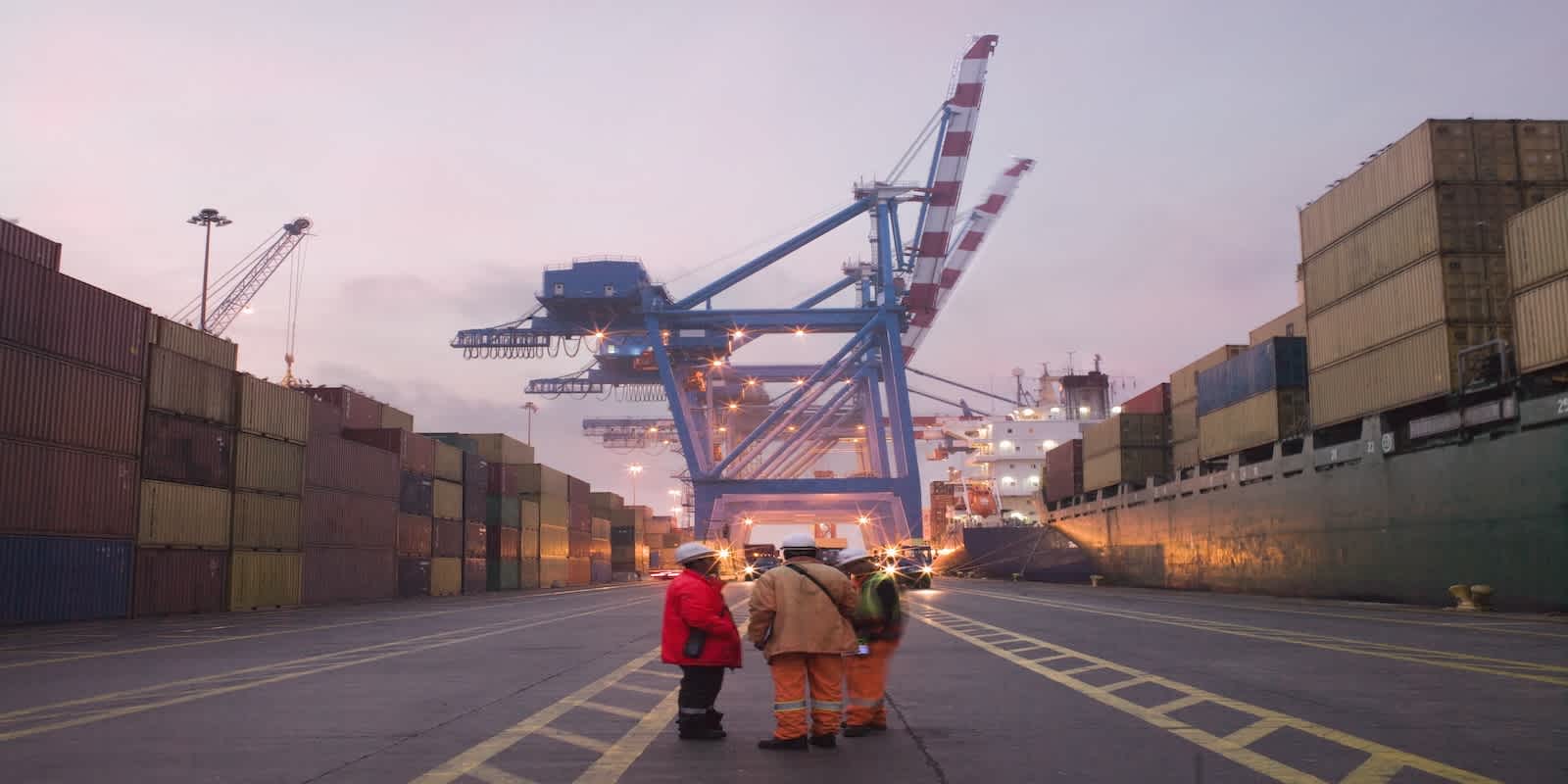
October 4, 2023
Cargo Insurance: Key Factors to Consider When Selecting a Policy
Cargo Insurance: Key Factors to Consider When Selecting a Policy
Protecting your company’s investment in its goods in transit is crucial for protecting your cash flow, especially if you rely on international shipping to get those goods to their final destination. carefully considering the many factors involved when evaluating how to insure that investment is in your best interest—as these factors apply even if your manufacturer is offering to secure cargo insurance. Nobody knows your business better than you do, and that includes your cargo insurance needs.
Here are some key factors to consider when shopping for cargo insurance:
Provider presence
If your seller offers coverage, then it is vitally important that claims are paid out in your country of destination, that you know the terms of the policy and what it covers, and that it is underwritten by a reputable company with offices in your country. All too often we see companies struggling for years to get paid, if ever, when having to fight with an overseas insurer that may disappear when faced with a large claim.
Exclusions and Coverages
Make sure you understand what types of losses that the policy does not cover. It is important to be aware of these exclusions and consider them when deciding which policy is right for your needs. It is also important to carefully review the list of insured perils covered by the policies you’re evaluating. These perils may include damage or loss due to accidents, theft, or natural disasters. You should consider whether the policy provides adequate coverage for the types of risks that are relevant to your business and how you ship your goods.
Coverage limits
A cargo insurance policy should, at a minimum, cover the commercial invoice value of your cargo. The policy should not have exclusions for certain risks or certain countries. In addition to the value of the cargo itself, be sure to consider the potential cost of additional expenses, such as demurrage charges or the cost of diverting the shipment to an alternative route.
Coverage options
Cargo insurance options include pay-as-you-go and annual policies, each catering to distinct needs. The pay-as-you-go approach offers cost-effective coverage at pennies on the dollar and with zero deductibles. The annual option often comes with a deductible and is for those who ship regularly and value predictability of costs throughout a full year. Most losses are only for a fraction of the entire shipment value, so be sure that your deductible is low enough to cover your losses.
Deductibles
Most cargo insurance policies have a deductible, which is the amount you are required to pay out of pocket before the insurance company will begin to pay for losses. You should consider the size of the deductible and whether it is appropriate for your business. A higher deductible may result in a lower premium, but it also means that you will have to pay a larger portion of any losses out of pocket. Most losses are only for a fraction of the entire shipment value, so be sure that your deductible is low enough to cover your losses unless you have made a conscious decision that you want your cargo insurance coverage to protect you if there is a catastrophic loss.
Premiums
The cost of cargo insurance can vary significantly depending on the insurer and the terms of the policy. It is important to compare quotes from multiple insurers to ensure that you are getting the best value for your money. In addition to the premium itself, don’t forget to look at any additional fees or charges that may be associated with the policy, such as broker fees or handling charges.
Claims process
It is essential to understand the process for making a claim under your new policy, including what documentation is required and the timeline for payment. You should also consider whether the insurer has a reputation for handling claims promptly and fairly. In the event of a loss, you will want to work with an insurer that is responsive and efficient in processing your claim.
Reputation
Look for an insurer with a strong reputation in the cargo insurance market. You should consider factors such as the company's financial stability, customer service, and the number of claims they have paid out in the past. It is important to work with an insurer that is reliable and trustworthy, as you will be relying on them to provide financial protection in the event of a loss.
Coverage territory
It is important to consider the geographic scope of the cargo insurance policy and whether it covers the countries and regions where you do business. Some policies may have exclusions or limitations for certain countries or regions.
Policy limits
You should carefully review the policy limits to ensure that they are appropriate for your business. Cargo insurance policies may include limits on the maximum amount of coverage per shipment or the maximum amount of coverage per policy period.
Flexport Insurance Solutions offers coverage options for a wide range of supply chain needs. Contact us today to learn more about how we can help to protect your cargo.
Insurance is offered through Flexport Insurance Solutions, LLC ("FIS"), a licensed insurance producer (Illinois License No. 3001047128, California License No. 6001029). Insurance is not available in all countries. Check with a licensed FIS representative for availability.
For term coverage, FIS acts as an insurance broker and seeks quotes from multiple insurance carriers with A.M. Best ratings of “A” or higher who actually underwrite and issue coverage. Per shipment coverage is underwritten and issued by Navigators Insurance Company.
The contents of this blog are made available for informational purposes only and should not be relied upon for any legal, business, or financial decisions. We do not guarantee, represent, or warrant the accuracy or reliability of any of the contents of this blog because they are based on Flexport’s current beliefs, expectations, and assumptions, about which there can be no assurance due to various anticipated and unanticipated events that may occur. This blog has been prepared to the best of Flexport’s knowledge and research; however, the information presented in this blog herein may not reflect the most current regulatory or industry developments. Neither Flexport nor its advisors or affiliates shall be liable for any losses that arise in any way due to the reliance on the contents contained in this blog.









